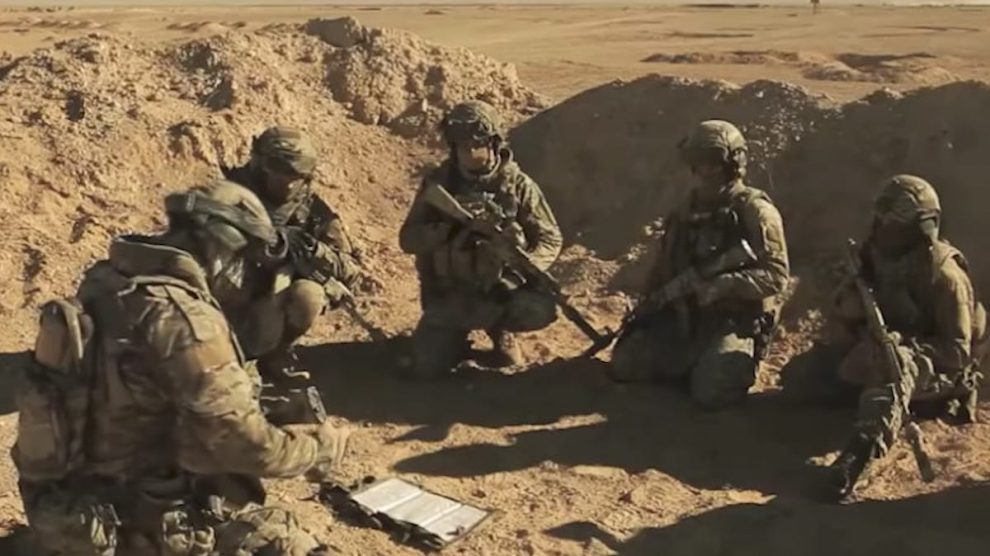Wagner and migration, day 2. On Monday, Italian Defence Minister Guido Crosetto warned against the Wagner Group’s presence in Africa – which he described as a tool of hybrid war, contributing to instability and a spike in migration fluxes – and called upon the EU and NATO to tackle the issue jointly.
- That elicited several reactions, including from the head of the Wagner Group himself, Yevgeny Prigozhin, who told Mr Crosetto to mind his own business, hurled a heavy insult against him, and deflected the blame for migrant-related issues.
- Also, Angelo Bonelli – co-spokesperson of the Greens-Italian Left alliance – accused the Defence Minister of hiding behind the Wagner Group to avoid tackling migration issues.
Think hybrid war. Noting he wasn’t isolating the Russian mercenaries as the only cause, Mr Crosetto underscored that experts have been warning of the role of migration as a tool of hybrid war – and how Wagner Group’s activity fosters the conditions for it to worsen.
- As Enterprise Minister Adolfo Urso recalled on Tuesday, Parliament’s Intelligence Committee – which he had chaired for the past years – had already pointed out to Parliament Russia’s power policy, including through Wagner mercenaries, “who have gradually taken over part of the countries of the Sahel, basically encircling Europe, and are also present to a large extent in Libya.
- One of the latest reports “clearly showed Russia’s specific power strategy, aimed at controlling the countries where there was the flow of immigration that then took place in our Mediterranean,” he explained.
- Such dynamics are observable in Burkina Faso and Mali, where the mercenary outfit established an official operation in 2022; the Central African Republic and Sudan; and Syria and Libya, where Russian forces have been a fixed presence in Cyrenaica.
The expert’s take / 1. “Wagner Group’s presence in North Africa is a factor of political pressure in the Sahel and of risk and instability to the reconstruction of a stable political framework in Libya. It would be essential for Libyans to demand the withdrawal of Wagner Group from Libyan territory and to mobilise in the event of a denial even militarily, as they did with other non-state actors such as ISIS,” told us Arturo Varvelli, head of the Rome office of the European Council on Foreign Relations.
The US is looking, too. Recently, General Mark Milley (Chief of the United States Joint Chiefs of Staff) travelled to Rome and met with Minister Crosetto before attending the Conference of Chiefs of Defence in Africa, along with military leaders from 43 countries.
- On that occasion, Michael E. Langley (General of the Marine Corps and Commander of Africom) had touched upon Wagner’s activities in Libya, Mali and the CAR, noting its “destabilising effects” in all the countries the Russian mercenaries have operated by means of “brutal” tactics, human rights violations and predatory practices.
- He also reaffirmed the United States’ holistic “3D” approach to Africa – diplomacy, development and defence –, upholding it as Washington’s solution to Russia-induced destabilisation.
The expert’s take / 2. “Of the three Ds of the holistic approach, only that of defence has been developed so far,” said Claudio Bertolotti, director of Start InSight and Research Associate at ISPI, to our sister website, noting the American officials’ words “tell of the US’ commitment to containing Russian influence in Africa and its desire to warn its allies. As if to say: we are there and we would like you to be there too.”
- “The holistic approach makes even more sense from this perspective,” he added; “since not everyone can contribute with defence, they could contribute with the other two Ds, namely development and diplomacy.”




